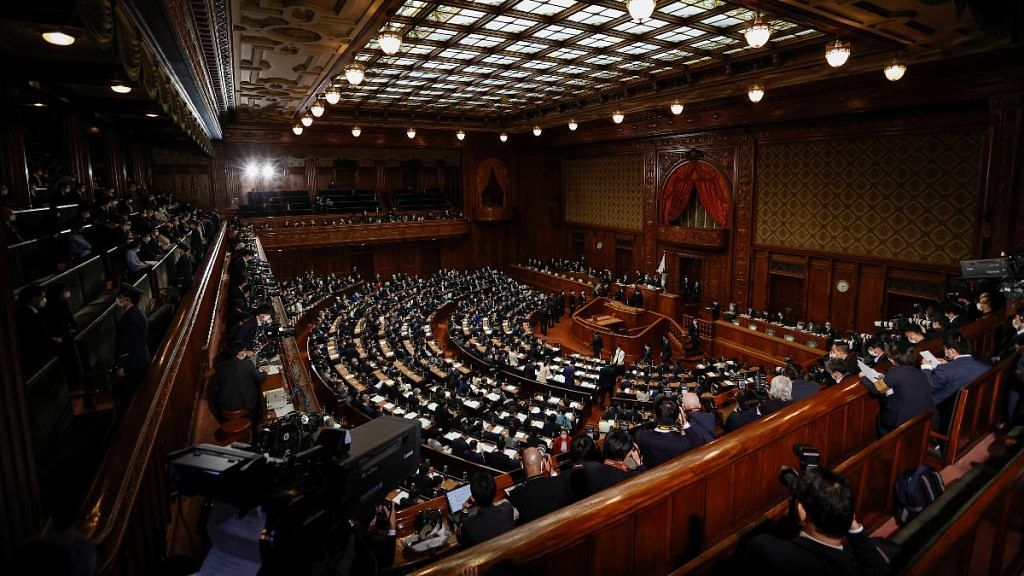Tokyo: A Japanese deputy finance minister stepped down on Monday over revelations that he had been delinquent on tax payments, another blow to Prime Minister Fumio Kishida whose public support is languishing in the polls.
Kenji Kanda, state minister of finance in charge of government bonds and monetary policy, told reporters he had resigned because he did not want the issue to disrupt debate in parliament.
The legislature will soon deliberate on a 13.1 trillion yen ($86.34 billion) supplementary budget to fund the government’s economic package.
The Shukan Bunshun magazine first reported last week that a private firm owned by Kanda, who is a licensed tax accountant, had repeatedly failed to pay taxes and authorities had foreclosed on a company building four times.
Kanda said that the report was true.
Kanda is the third official to leave a ministerial post in just two months since Kishida reshuffled his cabinet to improve tumbling public approval ratings.
“The government takes the resignations very seriously and will do its utmost to address the pressing issues in order to regain the trust of the public,” top government spokesperson Hirokazu Matsuno said of the three resignations.
Surveys indicate the prime minister has not managed to turn around the falling support.
The latest poll by broadcaster FNN showed approval for Kishida’s cabinet reaching a record low of 27.8%, down 7.8 points from last month.
In various polls, respondents have said they are unimpressed with government economic relief and stimulus measures, including cutting annual income and other taxes by 40,000 yen per person and paying 70,000 yen to low-income households.
(Reporting by Kantaro Komiya and Satoshi Sugiyama; Additional reporting by Tetsushi Kajimoto; Editing by Chang-Ran Kim, Robert Birsel)
